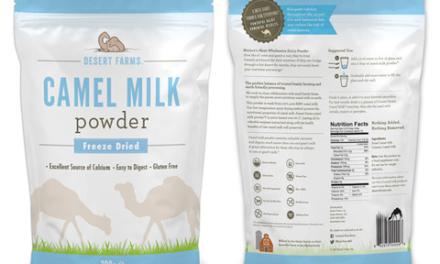Mouthwashes are designed to clean teeth, kill bacteria, and freshen breath. Some mouthwashes also contain fluoride, which can help protect teeth from decay. It’s important to know that not all mouthwashes are created equal. Some are better than others at fighting plaque and bacteria, and some are better at freshening breath. When choosing a mouthwash, it’s important to read the label and choose one that meets your needs.
There are 8 things one should know about mouthwash.
1. Mouthwash does not cure bad breath.
Bad breath, or halitosis, is caused by the buildup of bacteria in your mouth. When you eat, bacteria on your tongue and in your throat can combine with sulfur-containing compounds that you swallow. The sulfur combines with the oxygen in your mouth to create volatile sulfur compounds (VSCs). The VSCs cause bad breath. Most mouthwashes do not kill bacteria deep in the pockets between teeth and under gums where bad breath comes from.
2. Mouthwash combats gum disease.
To fight plaque and bacteria, use a mouthwash or a toothpaste with fluoride.
A study published in the Journal of Period-ontology found that mouthwashes containing alcohol, antibacterial agents, and fluoride are effective in reducing gingivitis (redness and swelling of the gums caused by plaque buildup).
3. Mouthwash fights cavities.
Studies show that using a mouthwash can reduce tooth decay.Mouthwash fights cavities by reducing plaque scoring. Studies show that it not only helps remove plaque from teeth, but also from the chewing surfaces, the gums, and the tongue. The scrubbing action removes bacteria and debris that has attached to those surfaces, which reduces plaque score on the teeth. In addition, viruses in plaque are known to promote tooth decay that is next to cavities.
4. Mouthwash cannot replace brushing.
Mouthwash cannot replace brushing and flossing. It is important to brush regularly, because while mouthwash washes away plaque, it does not prevent it from forming again. If you use mouthwash or a toothpaste with fluoride, brush your teeth twice a day for at least two minutes each time.
5.Not all mouthwashes are created equal.
Some are better than others at fighting plaque and bacteria, and some are better at freshening breath. Many dentists recommend a certain brand of mouthwash or toothpaste for each person based on their needs. The quality of the product itself is just as important as the brand name.
6.It prevents plaque.
When you brush your teeth, you scrape plaque from the tooth surface and remove it from the chewing surfaces of your teeth. Most mouthwashes contain detergent that rinses the bacteria-infested surfaces of your teeth, flushing them away and cleaning the tooth.
7.It does matter how long you rinse.
To make sure you are washing away the right amount of plaque, it is important that you know how long to rinse. For example, if someone has been sick, they should rinse a little longer. If they brush their teeth regularly, they should shorten the contact time.
8.Toothpaste and mouthwash cannot be used together.
Most dentists recommend not using toothpaste and mouthwash at the same time because both products can increase foaming or gagging problems or cause dryness in the mouth.
Bottom line
Traditionally, people believed that you should not rinse your mouth with water. But over time, most dentists were convinced that mouth washing was well worth the extra effort. As long as you keep your teeth and gums clean, it is a very helpful way to stay healthy.Its important to keep your mouthwash reminders on set so you do not forget to use it on a daily basis.





